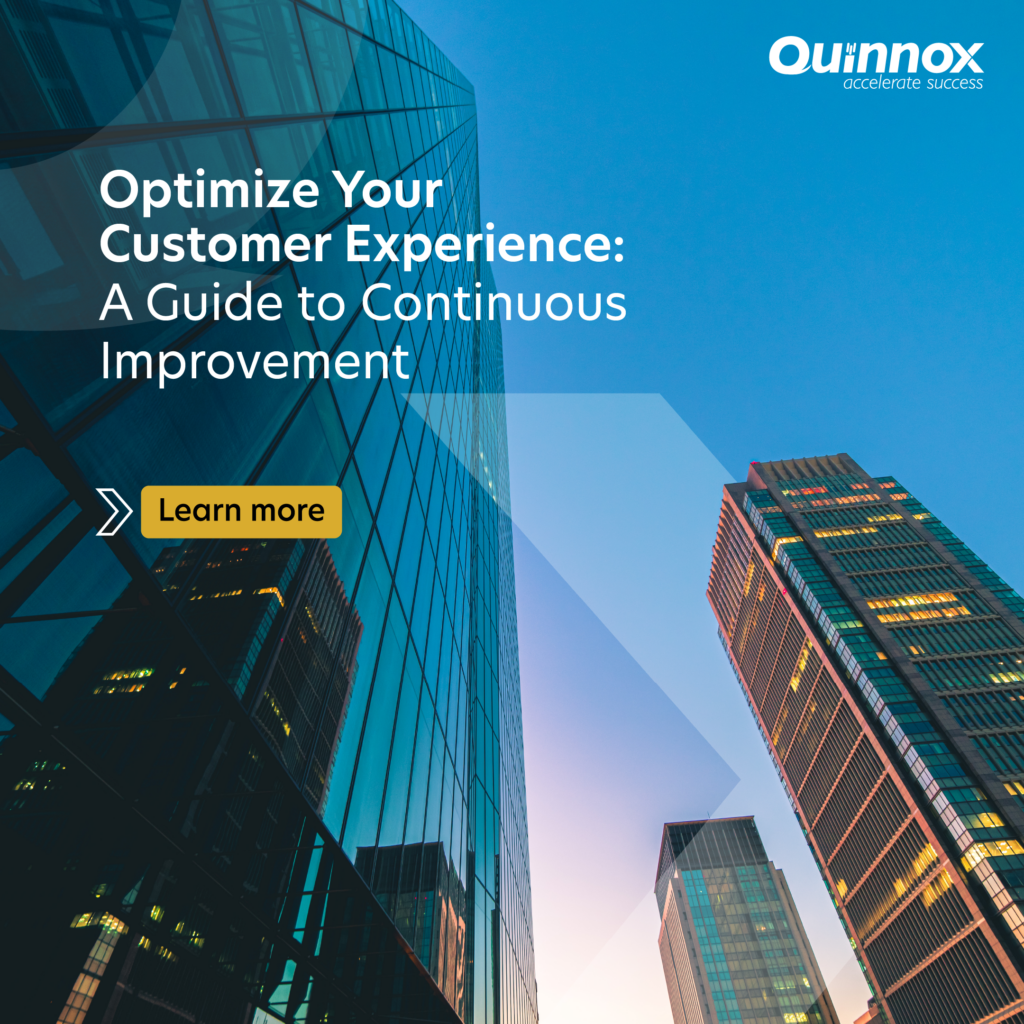Breaking Barriers: AIOps in Application Management for Business Success
Navigate the complexities of legacy systems with AIOps-driven application management by embracing AI-powered solutions
Read moreAutomation in IT operations enable agility, resilience, and operational excellence, paving the way for organizations to adapt swiftly to changing environments, deliver superior services, and achieve sustainable success in today's dynamic digital landscape.
Next-generation application management fueled by AIOps is revolutionizing how organizations monitor performance, modernize applications, and manage the entire application lifecycle.
AIOps and analytics foster a culture of continuous improvement by providing organizations with actionable intelligence to optimize workflows, enhance service quality, and align IT operations with business goals.
It is a valid fact that applications are the backbone of modern businesses and are pivotal in driving efficiency, productivity, and innovation. In 2024, IT spending will increase by 8%, reaching a sum of over $5 trillion, according to Gartner. The major budget will be spent on managing the complete lifecycle of these applications – from development to maintenance and optimization – as it can be a complex and resource-intensive task.
This is where Application Management Services (AMS) step in, playing a crucial role in streamlining application management processes. AMS helps organizations navigate through the roadblocks in application lifecycle management (ALM), combining and organizing the elements of an application’s lifecycle. Doing so, not only improves product quality but also optimizes productivity, thereby easing the management and maintenance burden for related products and services. Efficient ALM practices are essential for organizations to stay competitive in the dynamic business environment. ALM helps organizations align their application development efforts with strategic goals, enabling them to deliver high-quality products and services to customers.
A survey by Forrester Consulting found that 82% of IT decision-makers believe that application performance directly impacts their business outcomes.
Establishing an Application Lifecycle Management practice is crucial as it allows DevOps teams to integrate more effectively with other teams and incorporate their feedback throughout the development process. This further helps unite various teams under common organizational goals. There are multiple stages of ALM, each requiring a separate set of tools and expertise to effectively proceed.
ALM involves numerous challenges that organizations must address to ensure the success of their application initiatives. These challenges include:

Post deployment maintaining application stability and performance is critical for ensuring a seamless user experience and minimizing downtime. AMS teams are responsible for offering comprehensive testing strategies encompassing functional, performance, security, and usability testing. They leverage automation tools, test frameworks, and methodologies to identify defects, validate requirements, and ensure the robustness of the application.
ALM is a comprehensive process that involves gathering, analyzing, and managing requirements and risks to achieve successful results. By investing in thorough testing and quality assurance practices, organizations can improve customer satisfaction, brand reputation, and market competitiveness.
DevOps teams frequently use Continuous Delivery (CD) pipelines to automate the maintenance and updating of applications. These are like automatic assembly lines for updating and managing apps. When a developer writes new code, these pipelines automatically set up a testing ground for it.
AMS is good at setting up these pipelines. They also set up systems to keep an eye on the apps and make sure they’re running as efficiently as possible. Their proactive monitoring and troubleshooting capabilities facilitate the timely detection and resolution of issues, minimizing the impact on business operations and ensuring compliance with Service Level Agreements (SLAs).
APIs are crucial in the process as they enable seamless integration between different software modules, services, and platforms, which is why they are increasingly prominent. This includes data breaches, injection attacks, broken authentication, and Denial of Service (DoS) attacks. As we’ve seen from instances of API data breaches, they can pose significant legal, financial, and reputational threats to enterprises.
Here AMS provides regular vulnerability assessments, penetration testing, secure coding practices, and encryption techniques. Such measures help protect applications from potential security breaches, safeguard sensitive data, and ensure compliance with industry regulations.
Keeping applications up-to-date with the latest features, bug fixes, and security patches is a continuous challenge. AMS providers streamline this process by leveraging automation and industry-leading best practices. Organizations can confidently expand their applications to meet the evolving needs of their business, knowing that they have the necessary support to maintain optimal performance.
AMS offers a scalable infrastructure that adapts to changing needs, ensuring applications can accommodate increased user loads without compromising performance.
Effective application management can lead to significant cost savings. AMS providers often leverage cloud-based solutions, virtualization, and other cost-optimization strategies to reduce infrastructure and maintenance costs. AMS providers offer flexible pricing models that enable organizations to align their costs with the actual usage and demands of their applications. By outsourcing the management and support of enterprise applications to an AMS provider, organizations can benefit from cost savings and improved financial management.
Read how Quinnox’s AMS solution, has helped the world’s largest beverage company to achieve an overall 11% cost reduction in their maintenance and support spend.
As businesses navigate the digital landscape, leveraging AMS becomes not just advantageous but imperative for sustained success. Without optimized ALM through AMS, organizations risk falling behind, missing out on efficiency gains, cost savings, and competitive advantages.
With a focus on leveraging cutting-edge technologies such as AI, automation, and cloud, Quinnox’s AMS solutions empower businesses to unlock new possibilities in application management. Can your organization afford to overlook the transformative power of AMS, or will you embrace it to seize the opportunities of tomorrow?
Reach us out today to know on how your business can leverage Quinnox’s AMS expertise to stay ahead of the curve and drive innovation.




Want to know more about CX? Read interesting blogs below!
Navigate the complexities of legacy systems with AIOps-driven application management by embracing AI-powered solutions
Read moreDrive real-time proactive monitoring of application performance with AIOps and transform your IT operations for enhanced productivity, improved ROI and customer excellence
Read moreApplication Managed Services (AMS) has been a competitive environment for service providers. With most competing with a cost advantage, providers have been innovative in the benefits that are delivered to their clients.
Read moreGet in touch with Quinnox Inc to understand how we can accelerate success for you.